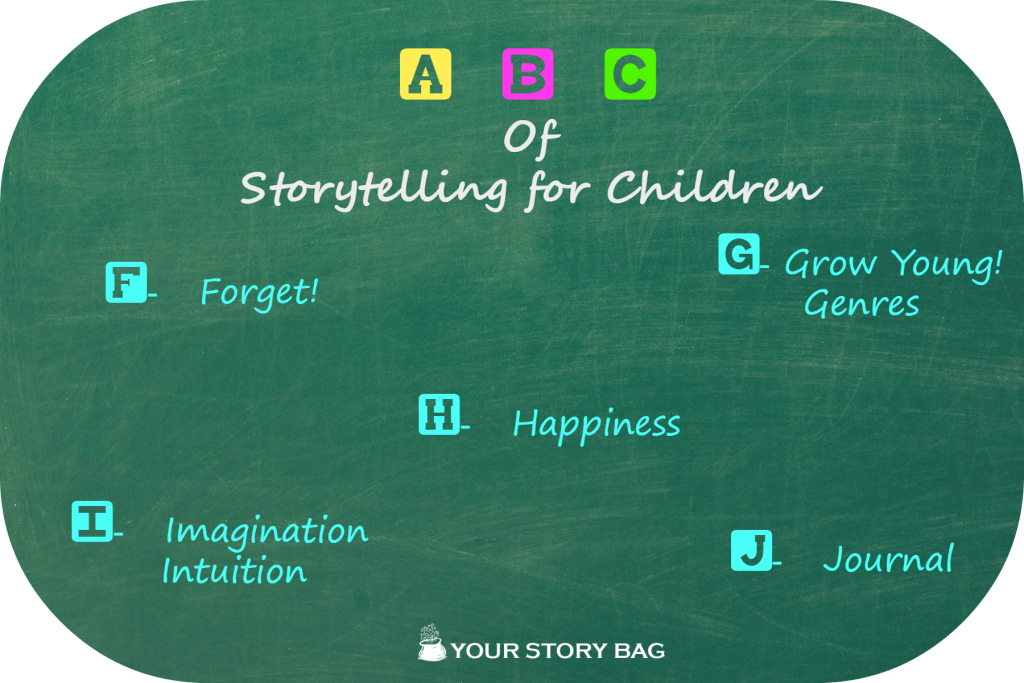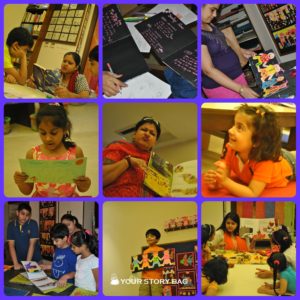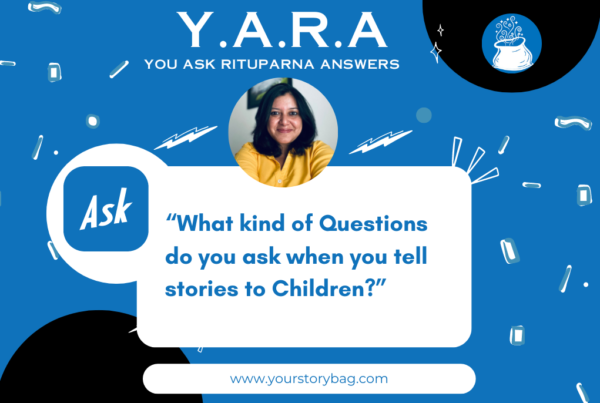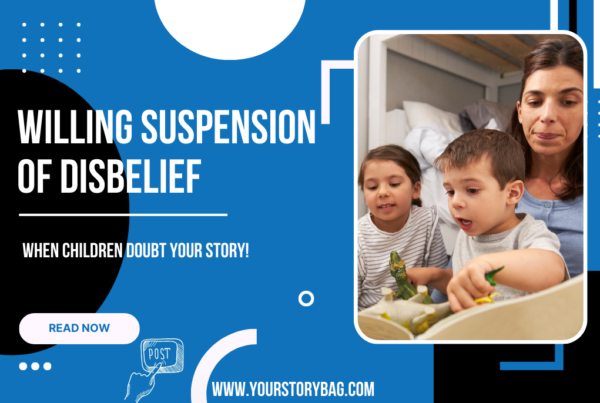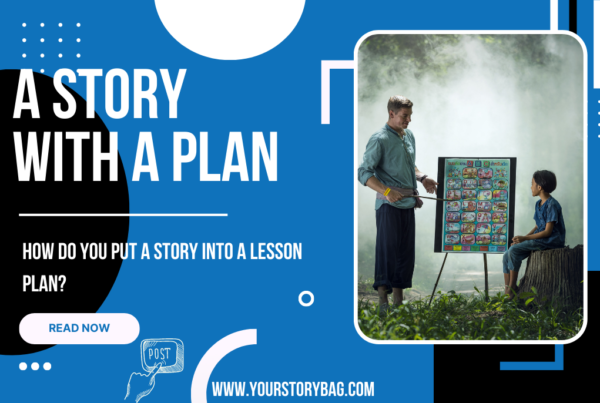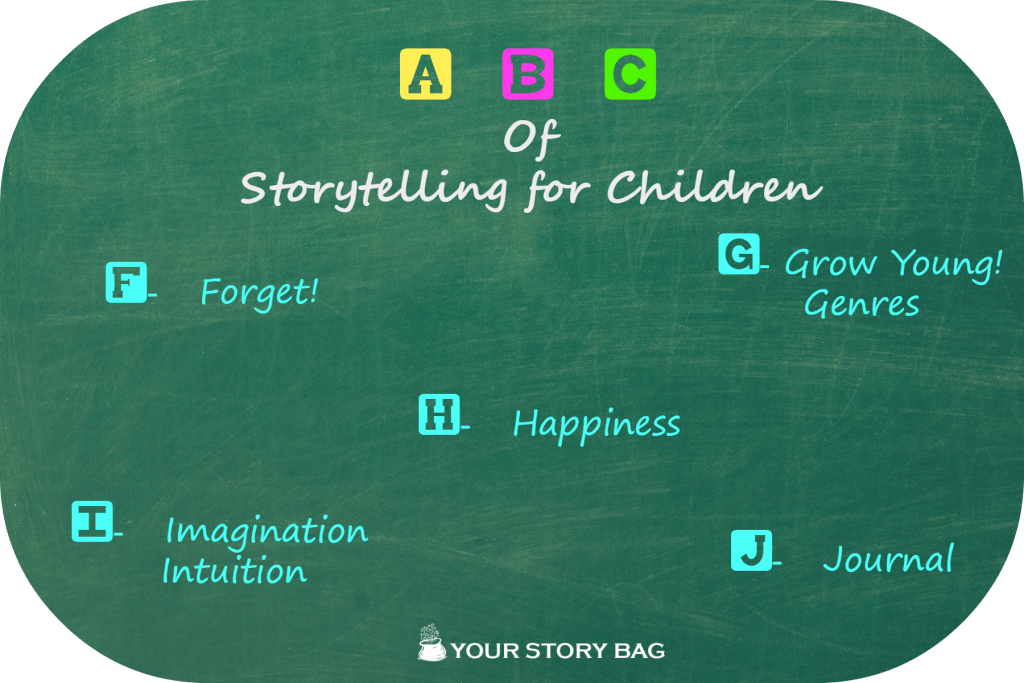
When I was a little child, every night I tormented my parents for 2 songs and 2 stories. My grandmother wasn’t spared either. Since there weren’t such gorgeous picture books as we have today, most stories were shared orally. Even then there were some stories that struck deeper than the others. And perhaps I asked for them more often than not.
Stories from my own childhood were largely forgotten until the time I decided to rewind. As I retraced the steps gathering stories that were orally told me, I regretted my inability to read in Bangla. So I had to settle for English translations of Thakumaar Jhuli and Pagla Dashu in an attempt to reclaim my childhood. But reading a text in English and recalling a story told orally in Bangla doesn’t evoke the same fuzzy feeling as re-reading an old copy of Agathie Christie. What it does however is recreate a sepia-toned memory that comes in flashes. An old memory of a story being told as I slip in and out of sleep, trying to stay awake to listen to as much as I can. The mind is too caught up in the battle of current and past experiences. As I read feverishly to catch up on the story, my heart is trying to rekindle the emotions and expressions as I felt them as a little girl. The gush of past emotions is so intense that I cannot recall the narrator of the story…was it my mother, grandmother or father who is telling? Story after story as I read and re-read pages from these books, I tried to remember, but memory is a tricky thing! The story of a story being told to me has faded, leaving behind a smudge and as I tried tracing the fine lines one story stood out – Arun, Barun and Kiranmala from Thakumaar Jhuli. The series is replete with classical literature tropes of evil, conspiring women, magic and fantastical characters, and so this one story stood out like a ‘song’ heard in the previous birth! Was it a favourite? Did I ask for it over and over again? I even asked my mother if she remembers telling me this story…but like me, even her memories lie buried under 30 years of stories!
Your child may have a favourite book / genre / book series. I have often asked children to name their favourite book and tell me why it is so. One of the reasons for doing this is of course to conduct a tactile survey of my audience after all I want to know their tastes in stories. The second objective is purely driven by me own desire to stay abreast with recommendations. If a child can convince me that a certain book / author / series are good then I know where to put my money! (Remember I said we are driven to bankruptcy by our indulgence on books?) But this last bit is not always easy to achieve. In my interactions with children in the age group of 8 years and above, I often find that they cannot articulate the reasons behind liking a certain book. They do not know why and how a book excites them? If I ask them to describe a character from the book then they prefer reading it out instead of ‘telling’ me how that character appeals to them. Is this a blanket observation? Is there something wrong with the way our children read books? Are there enough avenues for them to share their own ‘experience’ of reading books? Some homes and schools foster an environment where discussion around books is a constructive exercise, where a book-review is not slotted within the pages of the summer holiday. Don’t stop ‘talking books’ once your child begins to read independently. Don’t stop experiencing books. Reading and storytelling is a continuous journey, one where you discover expression, emotions and life through stories…so don’t stop at the start!
This is the 2nd post of the series on ABC of Storytelling for Children presenting 26 ideas to make reading and storytelling fun! This series is borne out my journey as a reader, parent and storytelling bringing you tips, tricks and stories straight from the heart. In this post we cover the alphabets F – J.
F for Forget!
Don’t forget to read or tell a story! But do try and experiment with the ‘forgetting’ trope in a story. I use this especially when I read or re-read a book to my son. We have a library of books that contains age-appropriate as well as not-appropriate books. By not-appropriate I mean books that are meant for older children and are currently being intensely consumed by me! And sometimes I do read him books that he may not necessarily understand as well. For instance, I read him Alice in Wonderland when he was just about 1.5 years. This was a picture book version of the children’s film and sometime last year I added a proper picture book version to the library. So what changed in the past 2 years? By the time I brought in the picture book, my son knew the story. As I would stop after having read to a certain level and prompt my son to say what happens. And he says…! Similarly for stories that we have read and I retell; I often feign amnesia and ask, “What happens next?” and the attentive listener fills in the blanks immediately.
G for Grow Young! / Genres
Storytelling and reading has given me the chance to go back to my childhood all over again! Not only do I experience the joy of being with children and be a child myself, but I simply adore the experience of discovering the joy of books and stories with them! In our explorations of books, visiting book stores and book fairs are regular fixtures. These are places I went to with my parents. As a parent I have added book launches, storytelling sessions and author meets which were largely absent from my own childhood and therefore a happy excuse to indulge myself! The next I hope to add is a library membership that he will treasure and look forward to. So take the opportunity and grow young! Relive your childhood and / or indulge your adulthood with experiences that you have missed back in the day. Remember to tell your child stories of how this ‘growing young’ is important to you…and see how beautiful the bond becomes.
G is also for Genres, encouraging you to experiment with different genres. From crime, to suspense, fantasy, exploratory, science to history and mythology, children’s literature is as diverse as you can imagine. Expose your child to a variety of genres to choose from.
H for Happiness
Storytelling doesn’t get me as much money as it gives me happiness. It is the happiness of making someone else happy! I tell people, anyone who joins me for a storytelling workshop, be it teachers, adults, parents or grandparents, that ‘Storytelling will give you the unadulterated joy of making someone happy’. In that one story that you share with a child (or even an adult), you are building an invisible link between two hearts. It is a great power and like we all know that with great power comes great responsibilities, you must look forward to sharing this sense of happiness. So therefore, enjoy yourself when you are reading or telling a story. Let it be one of the things that bring you joy and happiness. For some it may be shopping, music, an hour at the gym or the golf course, a relaxing massage or anything else…for me it is only reading and storytelling! And when I am at it, for anyone sitting across me will see that in my face. So my son knows that I am happy when I am reading to him and the children sitting across in my storytelling sessions know that I am happy telling them a story. We all want to be around ‘happy’ people…don’t we?
I for Imagination / Intuition
Stories open the door to imagination and don’t let the book stop you in any way! Using your imagination and make the reading fun, surprise the child with an unexpected dance, a song, an activity that takes him / her closer to the book. Remember we are trying to ‘create an experience’ that the child will look forward to so therefore use your imagination to make it stimulating, engaging and even challenging.
Let your intuition guide you into giving that unexpected twist in telling. If you know your child likes a certain kind of stories, try giving an unexpected story type and then use your imagination in telling it. This trope is very useful in making up stories, or extending the story post the ‘ever after’. Remember what we said about E for Experiment in the 1st part of ABC of Storytelling? For example, there was once a storytelling project done in an American school where the children wrote the story of Rapunzel after she married the prince. Every time my son asks me to tell ‘a new story about’ something, I try and make up one using all the paraphernalia of storytelling that I have. One usually doesn’t have time to think so it’s telling on the go with only my imagination and intuition guiding me. I have told these stories before larger audiences and they have loved it! So go ahead and play with stories…
J for Journal
As I was growing up I had a little diary in which I wrote down new words and interesting phrases that I read in books with the intention of using them in my essays and debates. Over the years that diary is lost and I have no memory of where I kept it, but it was such a close companion in my growing up years as a reader. My guess is that as I transitioned into diary writing, the little brown book was lost. This summer in my camp, I introduced the ‘journal’ to children where we encouraged them to ‘journal’ their stories. The summer camp was designed as an experience for children and from ages 3.5 – 12 we had two different programs where each child told a story. Yes…even a 3.5 year old told an ‘original story’ that we wrote down for them since none of them could obviously write. The older ones used the journal to record their experience of learning the art of oral storytelling. They recorded their understanding of emotions, particularly the ones they discovered while listening to stories. They drew story boards of their stories and even designed the cover of the journal. The process was designed to help them record their own thoughts. There are several ways to use the journaling process for discovery, and I am glad the children loved the first step of it.
Read all posts in the series ABC of Storytelling for Children.
Did you enjoy this post? Do you have more suggestions for the ABC series?
Send in your suggestions, and if we like them, you win a **FREE ** Story Session at the Your Story Bag Studio. Or you may like to join the Tickle Your Story Bones Storytelling Workshop for Parents.
P.S: Only applicable for Delhi/NCR Residents

